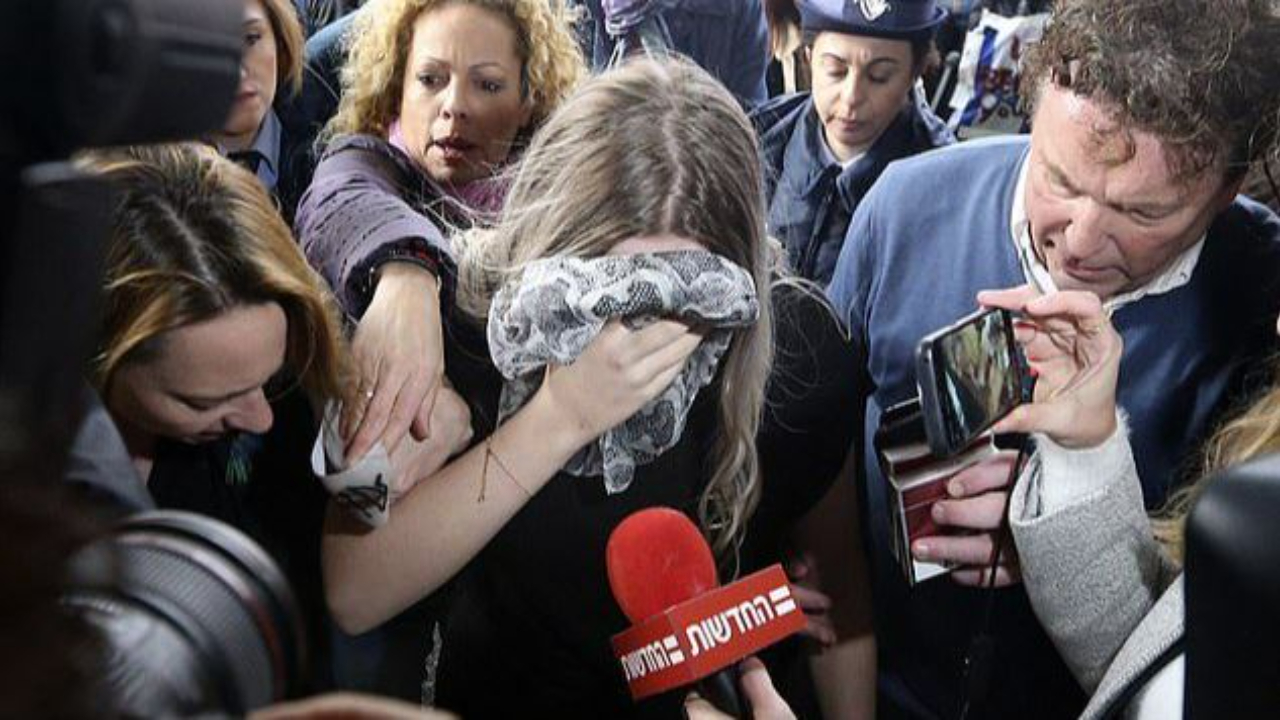Aftermath of Violence: Cultural Retaliation and the Case of Ella Hill
Jul 02, 2025
What Happens After You Survive
In this case study, we’re going to look back at a story that’s not new, but continues to echo loudly in how we understand the long-term aftermath of violence, especially the parts we still don’t talk about enough: cultural backlash and social punishment for speaking out.
When most people hear “aftermath,” they think of immediate trauma. Getting to safety. Stopping the bleeding. Calling the cops. But for many survivors, the worst part doesn’t happen during the event. It happens after—weeks, months, even years later—when they’re still being punished for surviving.
This isn’t just about trauma or recovery. It’s about how society responds when someone speaks their truth, and how that response can be just as damaging as the attack itself.
One of the clearest, most painful examples of this is the case of Ella Hill.
The Rotherham Case and Cultural Aftermath
Ella Hill (a pseudonym), a survivor of the Rotherham child sexual exploitation (CSE) scandal in the UK, has openly shared her experiences not only of the abuse itself—which included over 100 violent assaults by a grooming gang—but of the public punishment that followed.
When Ella first came forward, the abuse she faced didn’t stop. It just shifted. From physical violence to digital warfare. From rape and battery to gaslighting, trolling, and shaming—often from people who claimed to advocate for justice.
She was labelled a liar, a racist, and even a fascist for telling her story. While the abuse she endured was tied to a specific cultural group, Ella herself never advocated hate. She spoke her truth. And for that, she was attacked by far-left groups and some feminist academics who accused her of “platforming white supremacy” or “advocating for white paedophiles.” Twitter trolls accused her of being a “demonic entity” and flooded her mentions with hate. Despite the clearly racialized and misogynistic language used against her, none of it was deemed to violate Twitter’s hate speech policies.
This is What the Aftermath Actually Looks Like
In Before, During, After, we frame aftermath in two stages: short-term and long-term. The short-term aftermath is immediate—safety checks, first reports, injury assessment, and emotional grounding. But it’s the long-term aftermath that people are almost never trained for: legal complications, psychological injuries, broken relationships, and in cases like Ella’s—social exile.
When a survivor experiences backlash, it creates a feedback loop that destroys their ability to rebuild. Shame replaces support. Confusion replaces clarity. The survivor starts asking the questions that were once thrown at them: “Was it my fault?” “Did I do something wrong?” “Why aren’t people helping me?”
This is where trauma compounds. When the person who lived through hell becomes the target of a second wave of attacks—not from their abuser, but from their own culture.
Victim-Blaming Is Evolving—But It’s Not Gone
In the past, blaming the victim was done openly. “What were you wearing?” “Why didn’t you fight back?” “You probably led him on.” Now, it’s more coded. The backlash comes in the form of vague tweets, silence from former friends, online pile-ons disguised as “discourse,” or a refusal to acknowledge certain types of survivors because they don’t align with political narratives.
Ella’s story was not only about surviving rape—it was about surviving after the headlines stopped. Her case reveals that in our current climate, being a survivor is not enough. You have to be the right kind of survivor. You have to fit the narrative that others are comfortable with. If you don’t, even your trauma gets politicized.
Resilience Means More Than Surviving the Moment
From a self-defense standpoint, we tend to train for the event. And in Before, During, After, we stress the importance of preparing for what comes next. Thriving after violence is not automatic. It’s work. And when you’re being attacked for speaking your truth, that work gets ten times harder.
This is why your support network matters. Survivors need allies—not just in the moment, but in the months and years that follow. Resiliency isn’t just about getting up. It’s about staying up while the world keeps trying to knock you back down.
What We Can Learn From Ella’s Story
You can do everything right. You can survive an unspeakable experience. You can follow the law, report your case, and tell your story—and still be villainized for it. This is why we cannot treat violence as a single moment in time. It’s a continuum. And the aftermath deserves just as much focus as the defense itself.
So what can we do? We can start by believing survivors. We can stop demanding they prove their pain. We can examine our own biases and ask ourselves whether we’re really offering support—or just offering silence because the truth is uncomfortable.
And for those training in self-defense, especially instructors, remember this: The event is not the end. Survivors don’t walk away whole just because they “won” the fight. Often, the real battle starts the next day.
Final Thoughts
Ella Hill is still being attacked for surviving. That should horrify us. But it should also galvanize us to build better systems of support, better awareness, and a better understanding of what aftermath really means.
There is no victory in silence. If we want to break the cycle, we have to speak up for the people who already did—and got punished for it.
Randy
@randykinglive
#SelfDefenseTruths #BeforeDuringAfter #CulturalBacklash #EllaHill #SurvivorSupport #AftermathMatters #RealSelfDefense #VictimBlamingIsViolence #SocialTrauma #RandyKingLive
Stay connected with news and updates!
Join our mailing list to receive the latest news and updates from our team.
Don't worry, your information will not be shared.
We hate SPAM. We will never sell your information, for any reason.
